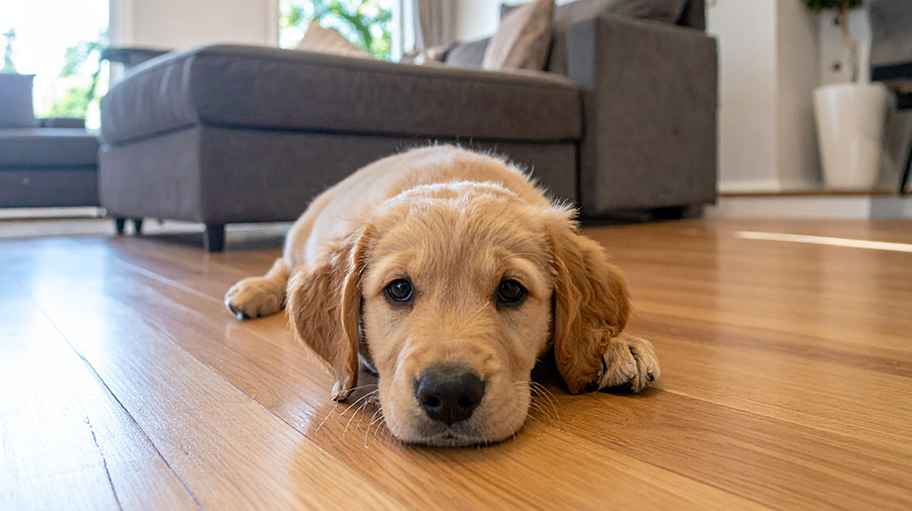
Whether it’s wine, chocolate, or pet urine, there are many ways to remove stubborn carpet stains. Learn how to get all kinds of stains out of your carpet.



*The Angi rating for Floor Cleaning And Waxing companies in is a rating based on verified reviews from our community of homeowners who have used these pros to meet their Floor Cleaning And Waxing needs.
*The HomeAdvisor rating for Floor Cleaning And Waxing companies in is a rating based on verified reviews from our community of homeowners who have used these pros to meet their Floor Cleaning And Waxing needs.
Last update on
You should aim to hire a professional floor cleaner once or twice per year to remove any set-in stains, resolve scratches, and make your floors look shiny and new again. If you have a bustling household with many children, pets, or severe allergies, having your floors cleaned four times per year is worth the investment to maintain the integrity of your flooring. Don’t forget to prioritize cleaning your floors yourself in between professional cleanings, too.
There are many benefits to hiring a professional floor cleaner. First, these flooring pros know the right chemicals for your flooring type, which is essential for its longevity. Likewise, they have the proper deep-cleaning equipment, which is often more complex than a mop or broom. Not only that, but deep cleaning your floors can be a time-consuming process, and by hiring a professional, you can spend that time on other home improvement projects.
Sometimes, professional floor cleaning isn't enough to remove all the set-in grime and odors that have accumulated over the years. In other instances, your flooring might be nearing the end of its lifespan after more than a decade. If that's the case, it might be time to replace your flooring and start fresh.
The cost to install flooring ranges from $1,500 to $4,460 for a 500-square-foot room. The overall price you pay depends on the size of your room and the flooring type you choose.
The cost for professional floor cleaning is $250 on average. This cost can range from $100 to $1,500, depending on the type of flooring and its square footage.
For example, natural stone flooring requires specialized techniques and care, so you'll spend closer to the higher end of the cost range. The cost of cleaning tile and grout is more cost-effective, where you'll pay an average of $0.50 to $3.50 per square foot.
There are a few tips to keep your floors clean to help keep them looking sparkling until your next professional visit. Sweeping and vacuuming regularly will help reduce the dirt, debris, and pet hair from accumulating.
Placing doormats at every entrance will help keep some of the dirt outside, helping to minimize the dirt that ends up on your floors. In addition, using the correct stain-removing methods for your floor type will help properly remove them without damaging your floors.
From average costs to expert advice, get all the answers you need to get your job done.

Whether it’s wine, chocolate, or pet urine, there are many ways to remove stubborn carpet stains. Learn how to get all kinds of stains out of your carpet.

Keeping a carpet clean and fresh can make your home a safer and healthier place to be. Learn how to disinfect carpeting with this guide.

Steam cleaning keeps floors spotless, but not all flooring materials are compatible with steam. Use this guide to know when (and when not) to steam clean vinyl floors.

Learn when and why a steam mop vs. a regular mop is better for keeping your flooring squeaky clean and sanitary with this comparison guide.

Don’t stress about dog urine (and the smell) ruining hardwood floors. Read about different DIY and natural methods for removing pet urine from hardwood floors.

If your carpet is looking worse for wear, it is a good idea to hire a pro. This guide will help you look out for common carpet cleaning scams.